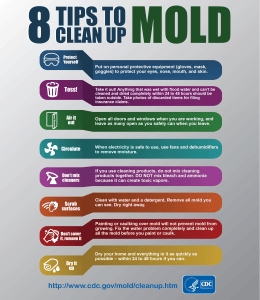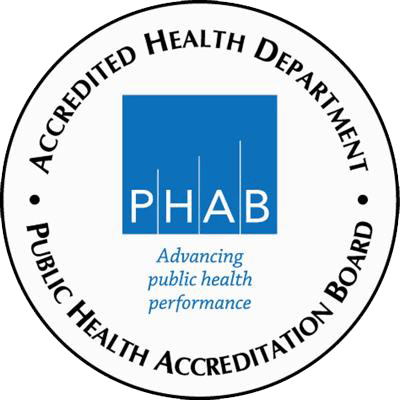Standing floodwater can spread disease, bring chemical hazards, and cause injuries. Take steps to protect yourself when returning to your flooded home and when cleaning your home.
BASIC SAFETY TIPS
- Return to your home only after local authorities have said it is safe to do so
- Stay out of floodwater which may contain things that harm health and can create unsafe conditions
- Wash hands frequently with soap and clean water and immediately following contact with flood water or contaminated objects or surfaces
- Prevent Carbon Monoxide (CO) poisoning
- Use generators outdoors and at least 20 feet away from any doors, windows, or vents
- Protect Yourself When Cleaning (Infographic)
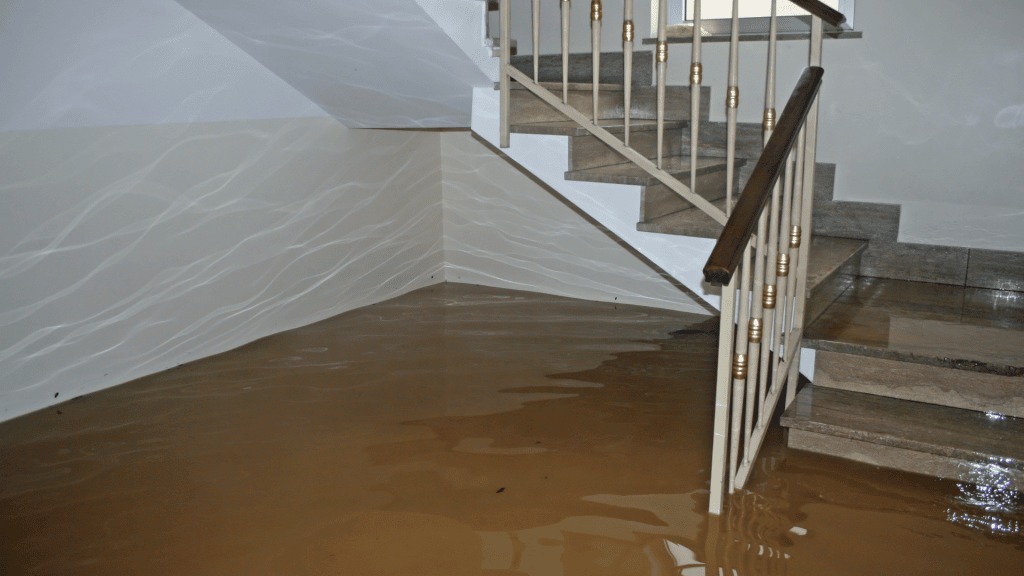
HOUSE SAFETY
- Before you enter your home make sure:
- Your home has been verified safe by a qualified professional
- The electricity is off
- Wait to pump water out from your basement until floodwater outside your home has gone away
Click Here for more information on House Safety Tips before entering your home
CLEAN WATER
- Use safe, clean water for drinking, cooking, and washing
- Do not drink floodwater, or use it to wash dishes, brush teeth, wash or prepare food, wash your hands, make ice, or make baby formula.
- Click here for more information on clean, safe, water.
- If you have a private well and live in an area with flooding, get your water tested before you use it
- Do not drink or wash with water from the flooded well until it is tested and safe to use
- Wait until the floodwater has gone away to test your well
- Contact the Winnebago County Health Department at 815-720-4100 for information on when to test your well after a flood
- Do not turn on the well pump due to danger of electric shock
- For more information on private wells after a flood, click here
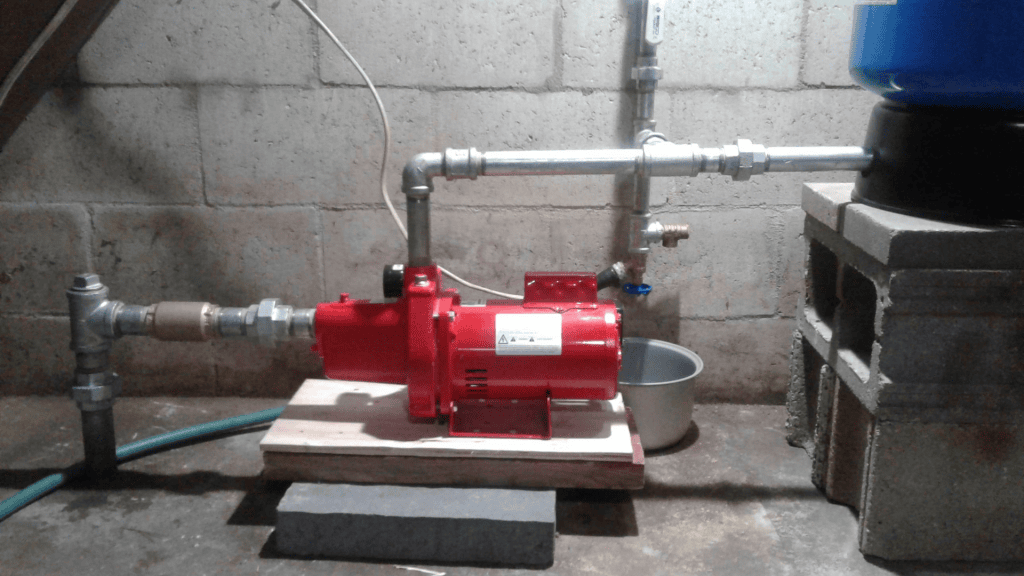
FOOD CLEAN-UP
Unsafe food can make you sick even if it looks, smells, and tastes normal. When in doubt, throw it out!
- Throw away foods that have not been refrigerated properly due to power outages
- Throw away any food, even bottled water, that may have come into contact with floodwater
- Throw away food with an unusual odor, color, or texture
- Clean and sanitize food-contact surfaces that have been flooded
- For more information, visit Keep Food Safe After a Disaster or Emergency
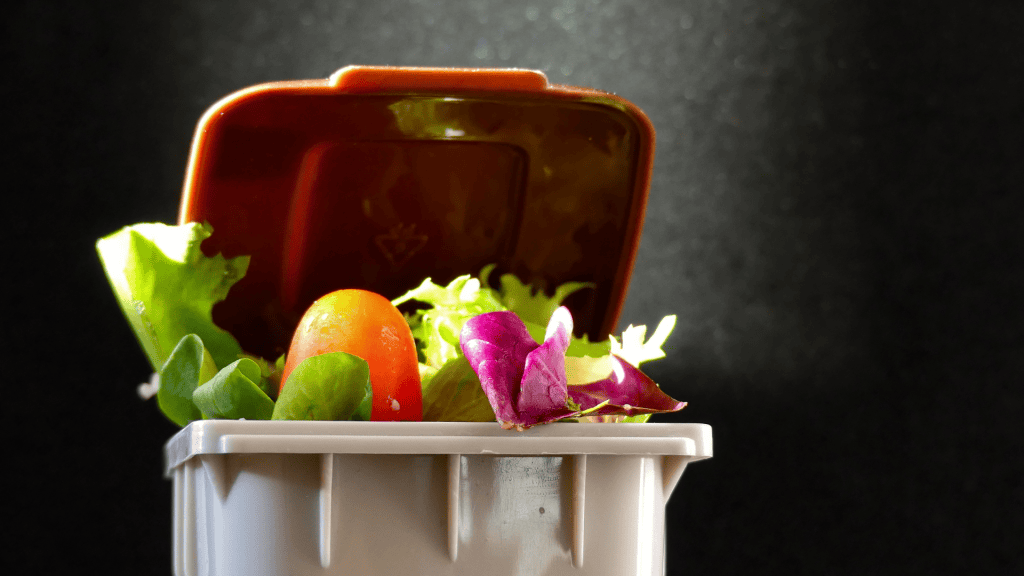
CLEAN-UP & PREVENT MOLD
- Make sure to wear protection for your eyes, nose, mouth, and skin when cleaning-up mold
- Do not mix cleaning products together
- Dry your home out as soon as possible to prevent mold
- Air out your home by opening doors and windows
- Use fans and dehumidifiers to remove excess moisture. Fans should be placed at a window or door to blow the air outwards rather than inwards, so not to spread the mold
- Toss out anything that was wet with flood water and can’t be cleaned and dried in 48 hours. Take pictures of discarded items for filling insurance claims
- See recommendations by the Federal Emergency Management Agency (FEMA)
- Wait to paint or caulk until all mold has been removed and cleaned
- Click here for a shopping list for mold cleanup
- Click here for mold clean-up resources
WOUND CARE
If you have an open wound:
- Avoid contact with flood waters
- If you were in floodwater impacted areas, be evaluated by a healthcare professional to determine if a tetanus immunization/booster is needed
- For more guidance on wound care, go to the CDC website here
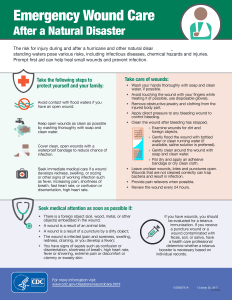
SANDBAG DISPOSAL
Think Safe Sand Removal. As the flood waters go away, safely remove sandbags:
- Be careful of slipping and tripping when working around wet sandbags
- Wear gloves and boots for protection from abrasions and possible contaminants
- Do NOT use the sand from sandbags to fill children’s sand boxes or playgrounds, as it is not high-quality sand and the sand may have been contaminated
- Do NOT dispose of the sand in a wetland, flood plain, waterway or any other sensitive area
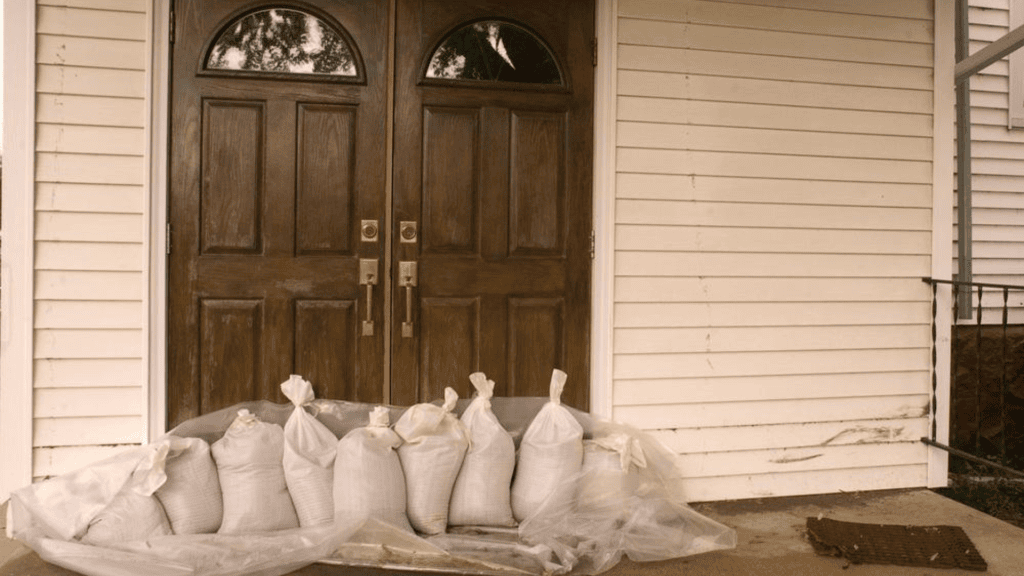
STAY INFORMED
As you work to clean-up from the flood, know that there maybe resources and services available to help in neighborhoods impacted by the flood.
Get information on how to start a flood insurance claim here.
Stay connected with local response agencies

